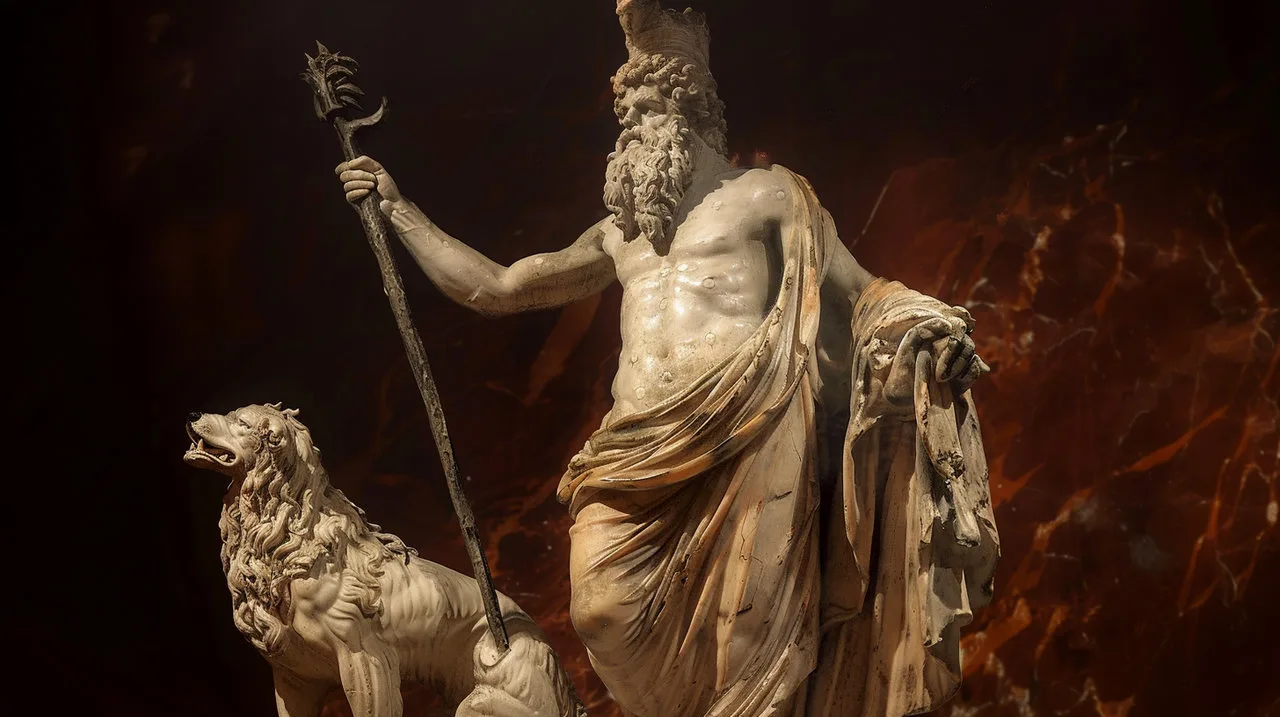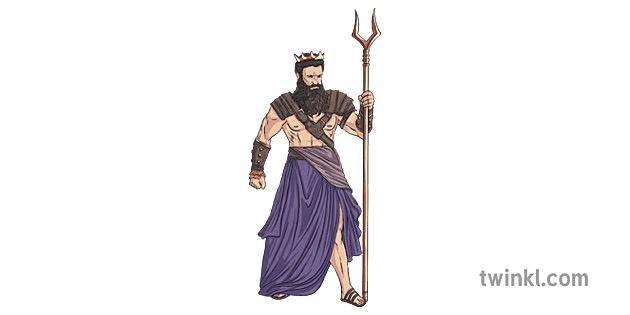Exploring the Enigmatic World of Hades
In Greek mythology, few figures are as intriguing and misunderstood as Hades, the god of the underworld. Known for his stern demeanor and association with death, Hades often conjures images of darkness and dread. However, this portrayal barely scratches the surface of his character and domain. To truly appreciate the complexities of Hades, one must delve into the myths and ancient perceptions that have shaped his identity.
The Origins of Hades
Hades was the eldest son of the Titans Cronus and Rhea, making him the brother of other prominent Olympian gods: Zeus, Poseidon, Hera, Demeter, and Hestia. His lineage immediately set him apart from other deities as a figure of considerable power and prominence. According to legend, after their father Cronus was overthrown, the three brothers—Zeus, Poseidon, and Hades—drew lots to divide the universe among themselves. Zeus claimed the sky, Poseidon took the seas, and Hades was left with the underworld, a realm unseen by mortals and often thought of with trepidation.
The Realm of the Underworld
Contrary to popular belief, Hades' domain is not a place of eternal punishment; rather, it is a destination for all souls, both virtuous and wicked. The underworld encompasses several regions, including the Elysian Fields, where heroic and noble souls find peace, and Tartarus, where the wicked face retribution for their earthly deeds. Additionally, there exists the Asphodel Meadows, a neutral ground for those who led unremarkable lives. This tripartite structure of Hades's realm reveals his role not merely as a harbinger of death, but as a neutral arbiter of human fate.
Hades: Beyond the Stereotype
Hades is often depicted as a grim and forbidding figure, yet this stereotype overlooks his proficiency as a ruler and the crucial roles he plays in Greek mythology. As the lord of the underworld, Hades rules over a vast and complex domain, managing the fates of countless souls. He is often shown with his loyal companion, Cerberus, the three-headed dog who guards the gates of his realm, ensuring that no souls escape to the mortal world.
Hades is also associated with wealth and the earth's natural resources, earning him the epithet "Plouton," which means "The Wealthy One." This connection to riches highlights his control over the mineral wealth beneath the earth's surface, further emphasizing his godly influence beyond the realm of death.
Significant Myths Involving Hades
One of the most famous myths involving Hades is the abduction of Persephone, daughter of Demeter and a goddess in her own right. This story is not just a tale of longing and separation but a crucial element that explains the changing seasons. Persephone’s time in the underworld determines the barren months of winter, while her return to the surface heralds the fertility and renewal of spring. This myth showcases Hades' impact on the natural world and human existence.
Conclusion
Hades is a god of myriad dimensions, demonstrating that Greek mythology’s depiction of the underworld and its ruler is as varied as it is profound. By understanding his origins, domain, and the cultural narratives surrounding him, one uncovers a deeper appreciation for this god who stands not only as a keeper of souls but also as a symbol of the earth's hidden riches and the cyclical nature of life and death.








Comments